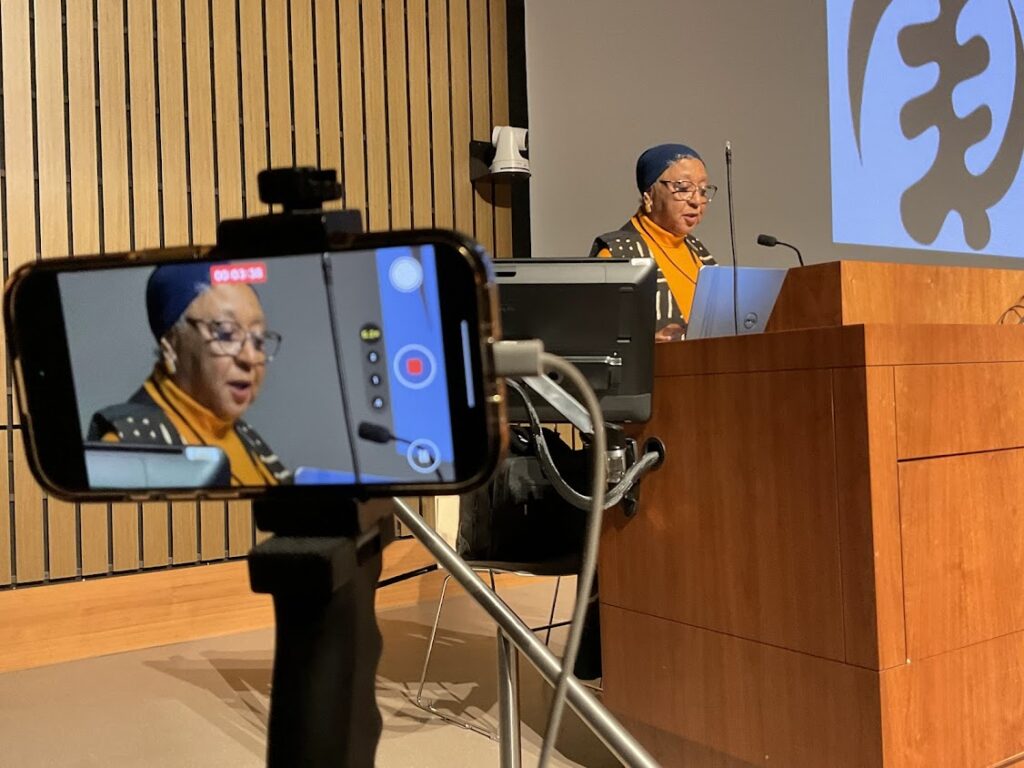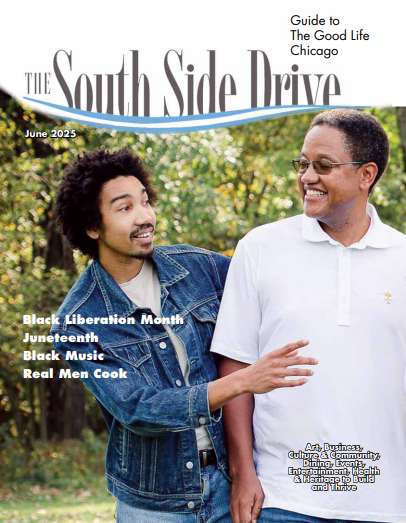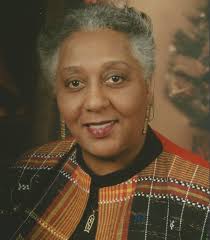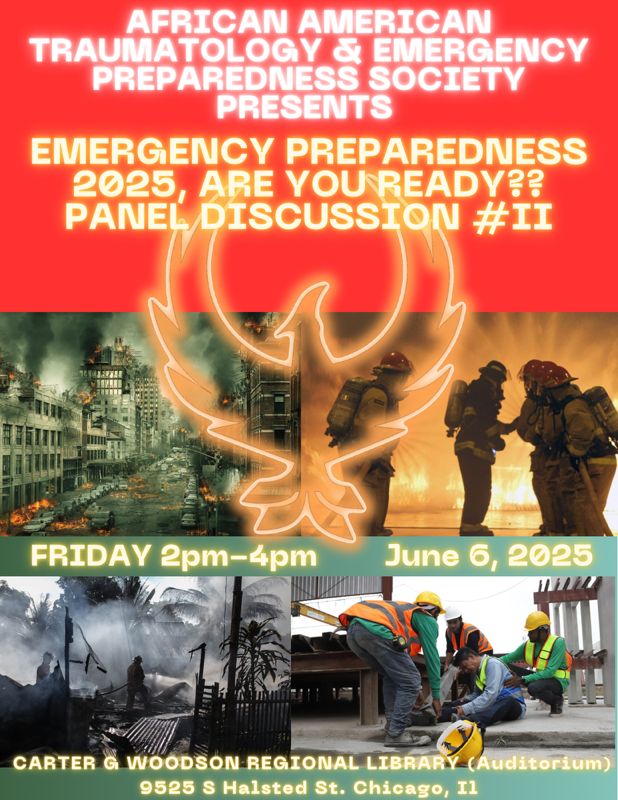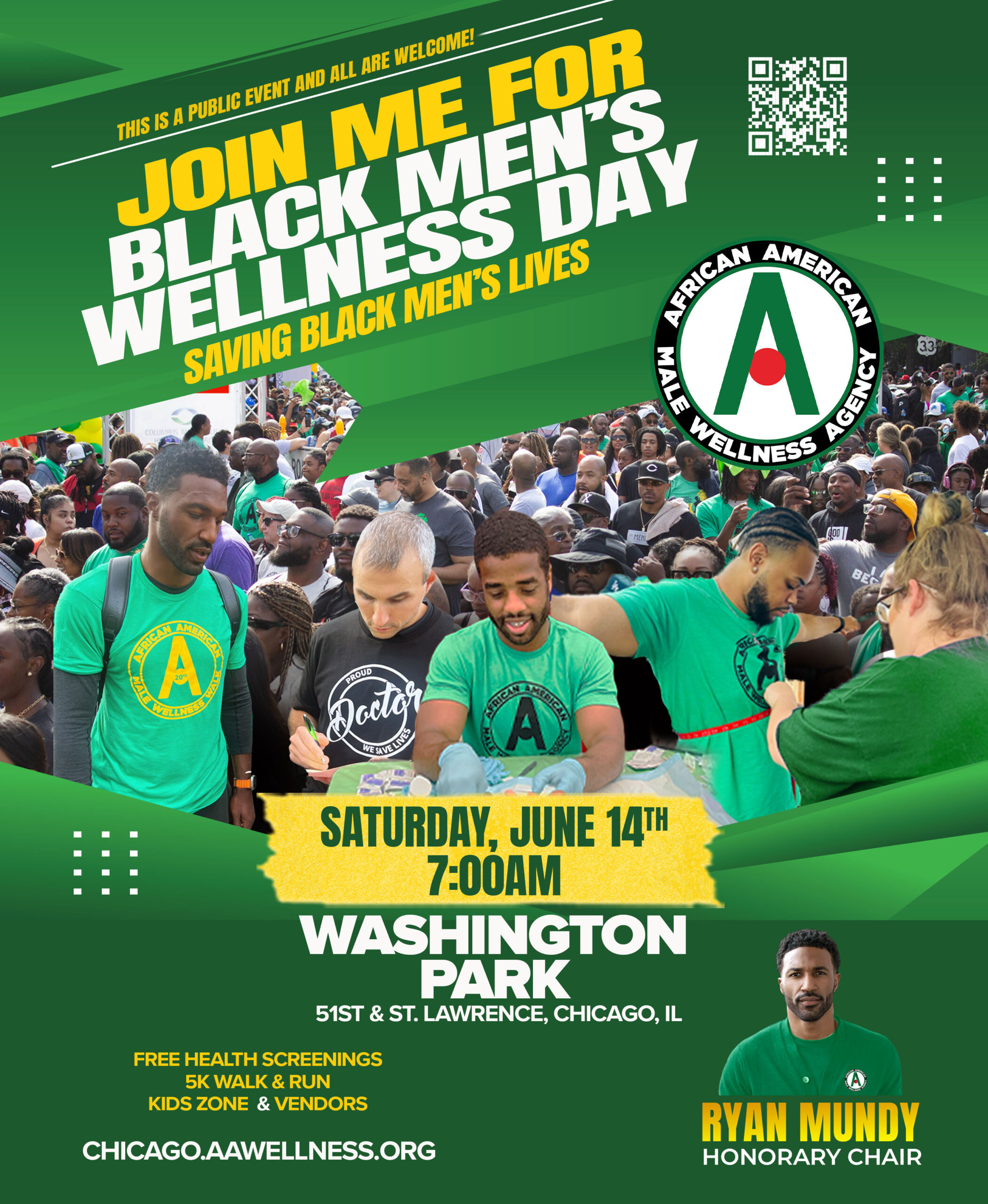As we looked toward being prepared should an emergency occur, one thing all of the panelists agreed on, the emergency is now. The country is in a constitutional crisis right now. Now is the time when we must learn to do for self. Now is the time when we must be prepared for any disaster or emergency that comes our way. Yes, and now is the time to learn the origins of our trauma and how to heal from traumatic emotions.
There were more panels that we did not cover in this issue. Yet they were just as important, as those we did cover. The moderators and panelists were just as knowledgeable. The obstacles were time and space.
In addition to the panel discussions, two workshops were held. Licensed psychologist and former clinical professor at Charles R. Drew University of Medicine and Science, as well as former adjunct professor at California School of Psychology, Dr. Nyla Joan Smith-Cooper, known as the mother of psychology, presented a workshop on Resiliency. The goal of that workshop was to impart an understanding and clarity relative to a concept of resiliency as a human capacity to recover from adversity, tragedy and ordeals.
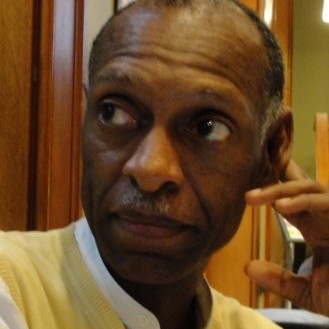
Joseph Washington, International Representative of the African American Traumatology and Emergency Preparedness Society, presented a compelling and comprehensive workshop on self-regulation and emergency preparedness. He began the session by stressing the importance of finding a way to start each morning as grounded and centered as possible. Brother Washington’s years of experience in education and school reform advocacy under Mayor Harold Washington, working with the McArthur Foundation on Chicago Education Programs, teaching conflict-resolution at Bowie State University and in Pisa, Italy and ten years with the United Nations peacekeeping mission in the Sudan and Northern Sudan.
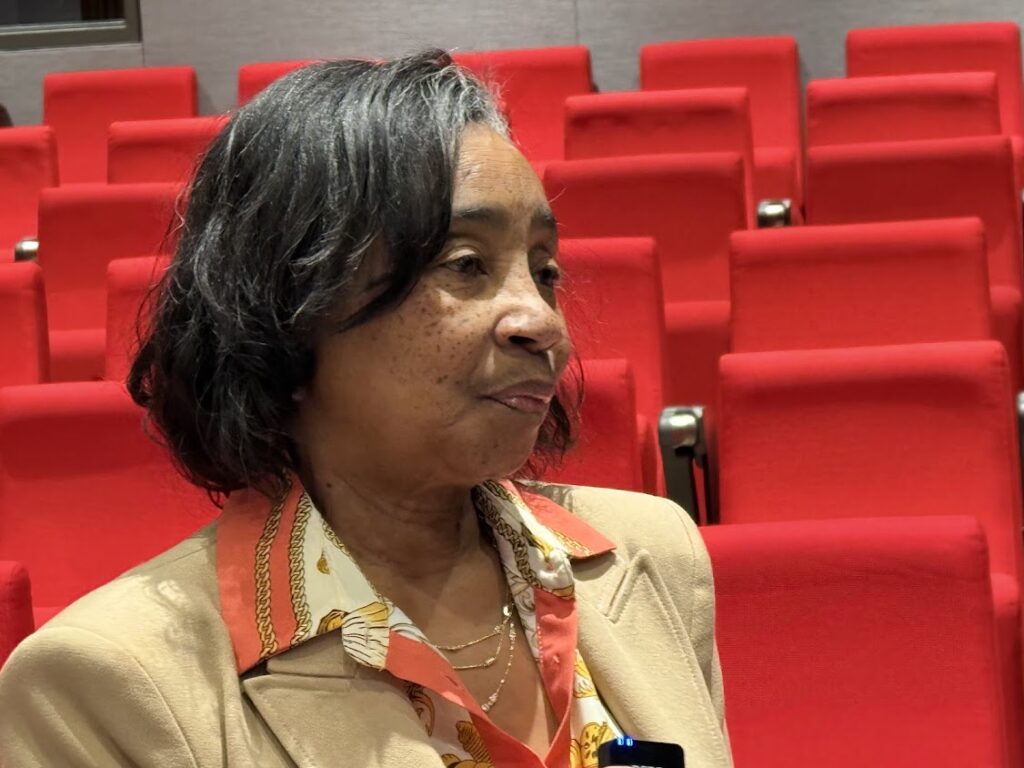
The workshop’s focus was to teach various techniques to facilitate self-regulation relative to a state of traumatization in order to produce a calming effect through the use of various techniques, such as breath control and tapping -during and after a crisis emergency. This workshop is essential because learning how to remain calm in a crisis situation can be a matter of life or death, and being centered and grounded after a crisis situation is crucial to one’s health.
Christopher Schenk, Richard Keller, Phillip Mason and Dr. Charles Alexander were panelist in the “Community Response to Disasters and Emergencies” panel. The four panelists came together to discuss the importance of a community volunteer force to assist, where appropriate, in community disaster as well as to advocate for community emergency response team training.
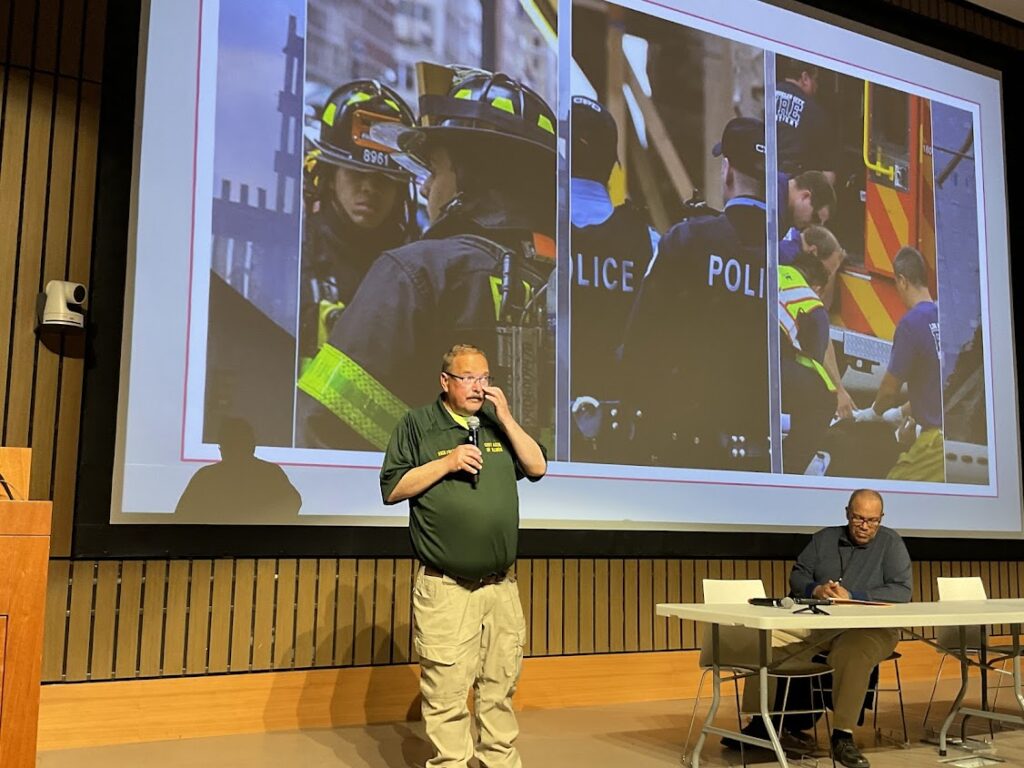
Dr. Gale Frazier, Dr. David Stovall, and Brother Gregory Sain came together for a panel titled “Trauma in the Public Schools.” That panel discussion focused on the impact of public education and schooling on African American children, particularly in areas of high crime, low resourced, bullying and violence.
Gimbu Kali, Nubian Malik and John Pearson’s panel, Social Chaos and Security focused on outlining the dynamics of a social breakdown and the necessity of security, both collective and personal, and the impact of social chaos on communities. Gimbu Kali is a personal protection consultant with a vast knowledge of firearms. He is also a conceal-carry instructor.
Attorney Jack Childs moderated the panel on Non-Profits and Community Disaster Resources. The panelists were Richard Frezelis, Philip Mason and Joy Medrano. The purpose of the panel was to familiarize participants with the role of non-profit organizations in disaster and community resilience, as well as the resources that are controlled by non-profits and the resources that these organizations have access to.
Brother Leroy Kennedy moderated the panel on Post Disaster and Recovery and Community Development. The panelists were Sister Alva Muhammad, Dr. Troy Harden, Sister Alexis Owens, and Dr. Damen T. Arnold. The panel outlined and discussed the process of post disaster recovery and the essential importance of community development and organization on the front end of the pre-disaster phase.
Whenever there is crisis in the Black community, the Black Church is always there providing hope, encouragement and most of all, faith. Thus, the panel, Trauma, The Black Church and Healing, was an important part of the conference. Moderated by Walidah Bennett, the panelists, Reverend Nolan Shaw, Reverend Patrice Beamon, and Reverend Aba Blakemore discussed trauma and the possibilities of healing within the Black church.
Being knowledgeable of the ways in which one prepares for emergency or crisis situations, understanding trauma, where it comes from and how to deal with it, and being resilient, being calm in stressful situations, putting these skills together will get us through these trying times. Namaste.
